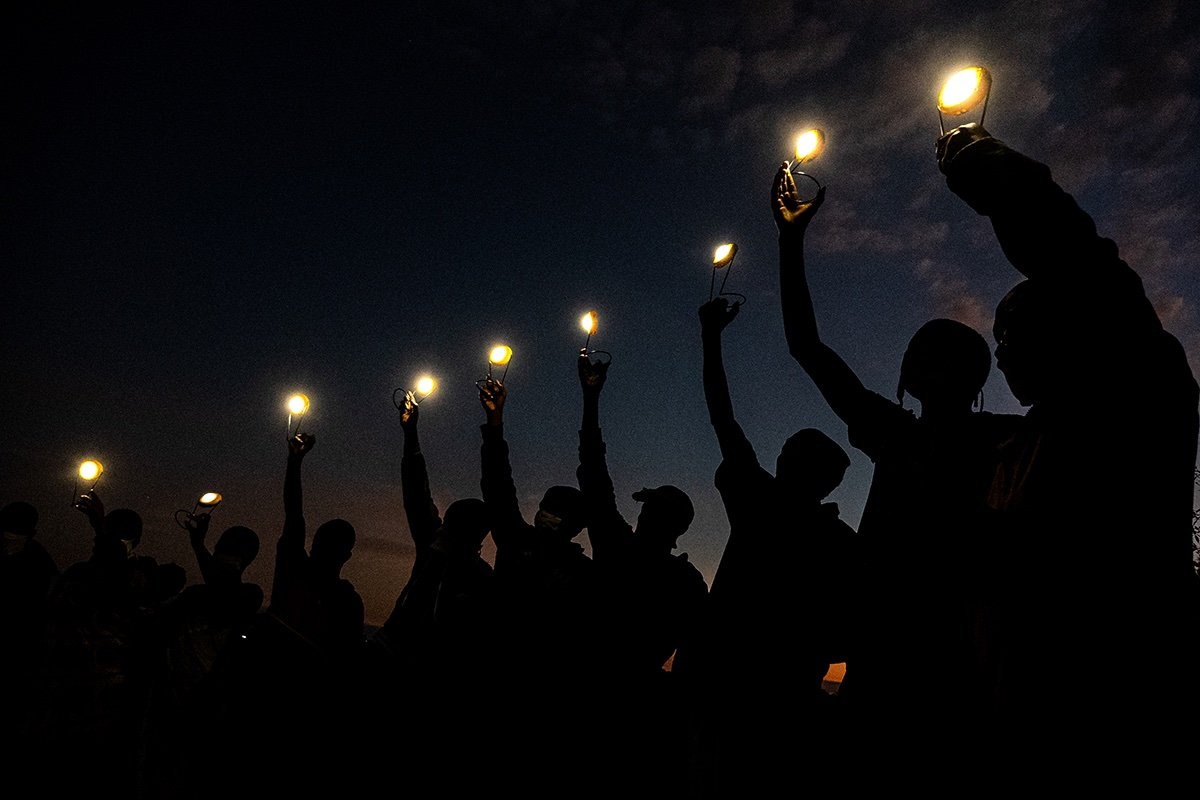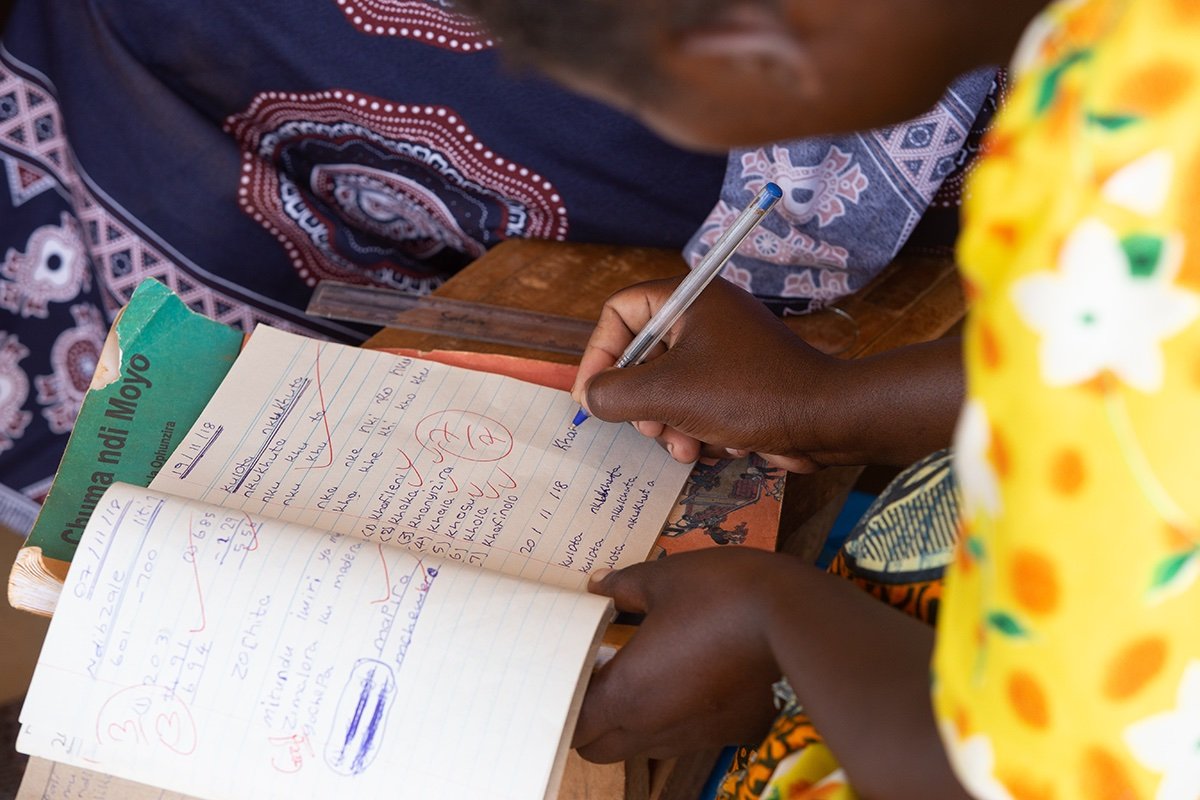A total target for the three-year programme was to distribute 4,500 Pico Solar Lamps, but this target has already been reached, and over 5,410 tea workers and their families now have access to light after dark.
Liberal Seburikoko, ETP’s Regional Director Africa comments: “We now have provided lighting in every worker’s home on both tea estates and will go one step further to reach more tea workers outside of the tea estates with an opportunity to own a solar lamp.
“We know how important providing access to light is after dark, not only to improve security and cut down on in-house pollution, but the lamps help to increase productivity and help tea workers save money for other invaluable items like medicine and food.”
Alongside the distribution of the Pico Solar Lamps, training has been provided from the start of the programme throughout the estates by electrical engineers from a sustainable energy consultancy, Wupla Enterprise. The training gave up-to-date knowledge on the science and operation of the lamps and equipped over 40 tea workers to safely fix an array of common faults. 98% of the lights distributed are still in good working order two years into the programme.

